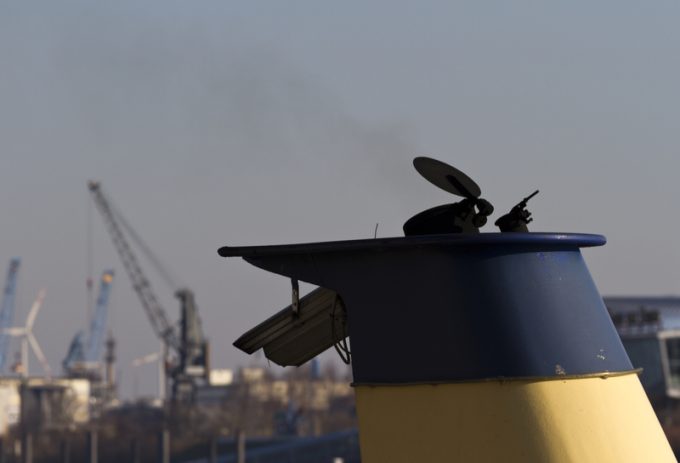Clear choice for shippers and forwarders, thanks to Rijeka terminal moves
Shippers and forwarders in central and southern Europe using the Croatian container gateway of Rijeka ...

Research from analyst Sea Intelligence has found that next year, Asia-North Europe services with a first port of call outside the EU – most often the UK – will allow carriers to sidestep much of their EU Emissions Trading System (ETS) obligation, with MSC potentially ...

Comment on this article